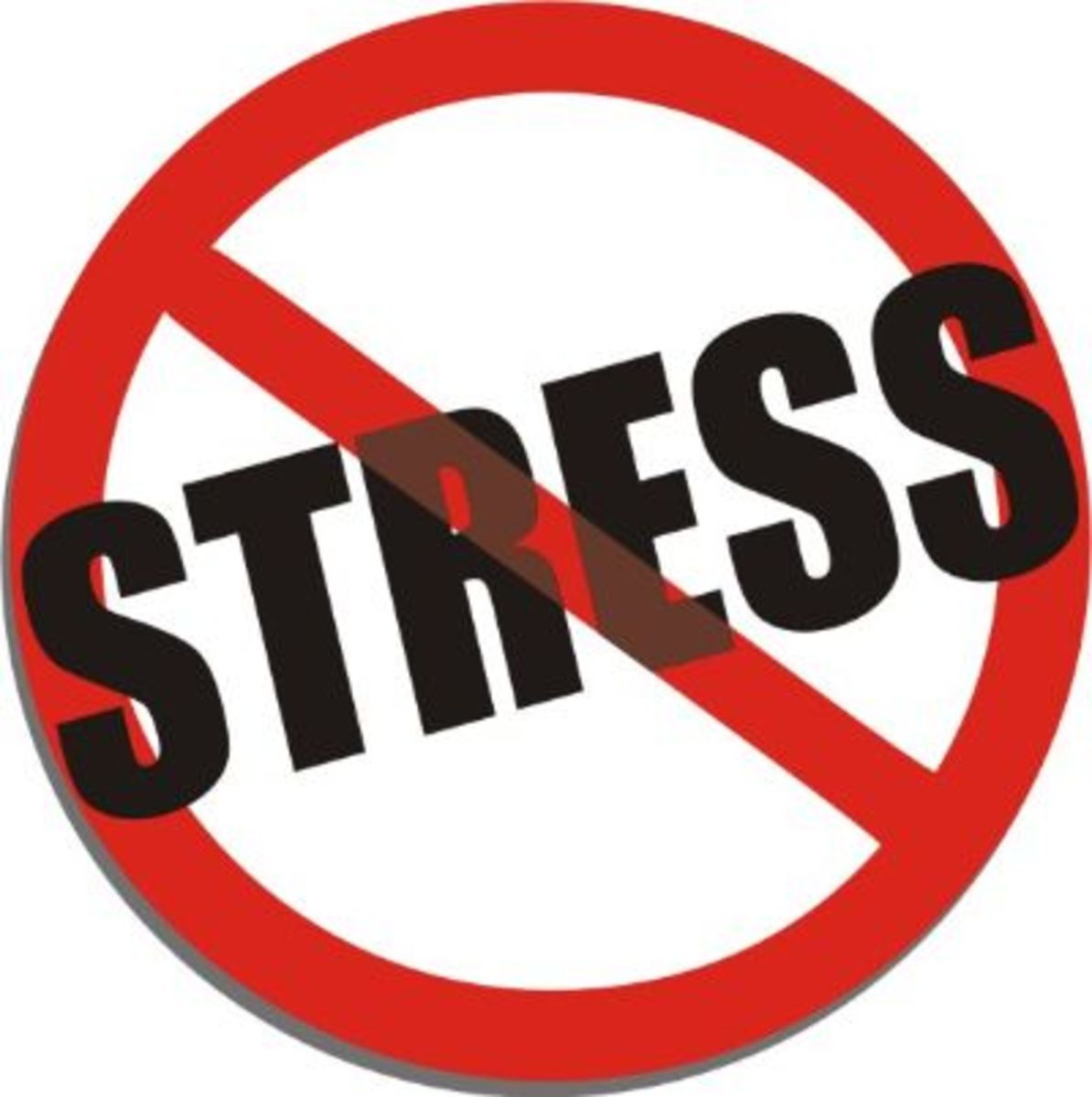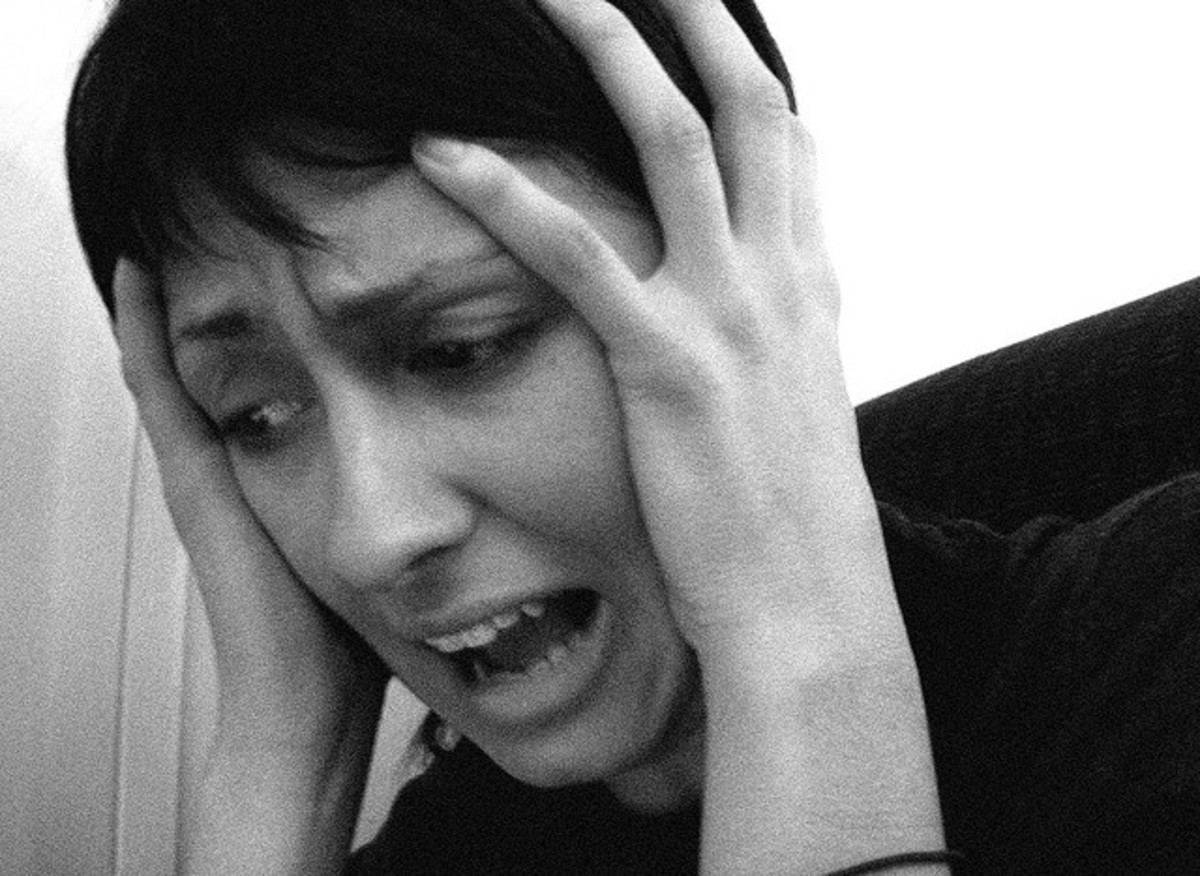Get the Facts on Stress Management
Stress can arise from many different situations, but it tends to manifest in the same way. In this respect, the response may or may not be helpful; stress is a one-size-fits-all response, and is sometimes counterproductive.

Stress can occur for many reasons, including physical danger, emotional pain, problems at work, in relationships, or other situations. In evolutionary terms, however, the purpose of stress is to prepare your body for immediate and decisive action in order to keep yourself safe.
Stress evolved for predominantly physical reasons, to prepare the body to either run or engage a threat (fight or flight). This is why is has such an effect on the body. This includes raised blood pressure, faster breathing, muscle tension, sweating, and other effects, as the body redirects its resources to where they will be most useful. However, because the same stress response occurs whatever the stressor, stress is not always helpful. It's one thing if you find yourself threatened by a mugger, another if you are trying to resolve a difficult and frustrating work situation. In the latter case, stress does not help you to deal with your circumstances.
There are two aspects to stress: the stressor (i.e., the stressful situation) or trigger itself, and the way that you respond to it. Addressing both is important. For example, if you find your commute too stressful, to the point where it is affecting your life and wellbeing, then it might be time to consider travelling to work a different way, or working from home some of the time. But there is also the way you react to it emotionally. This can be addressed, to a certain extent, through CBT, relaxation techniques and other forms of counselling.
As a single example, stress at work may be alleviated firstly by delegating (addressing the trigger), but also understanding why you find the workload so difficult. For many people, workload stress is not just about the sheer volume of work; this is compounded by their unwillingness to let other people down or to show weakness - often because they believe that their colleagues, friends and loved ones will look down on them as a result. Understanding this can help to change both the cause and symptoms of stress.
© 2015 Discover the World








